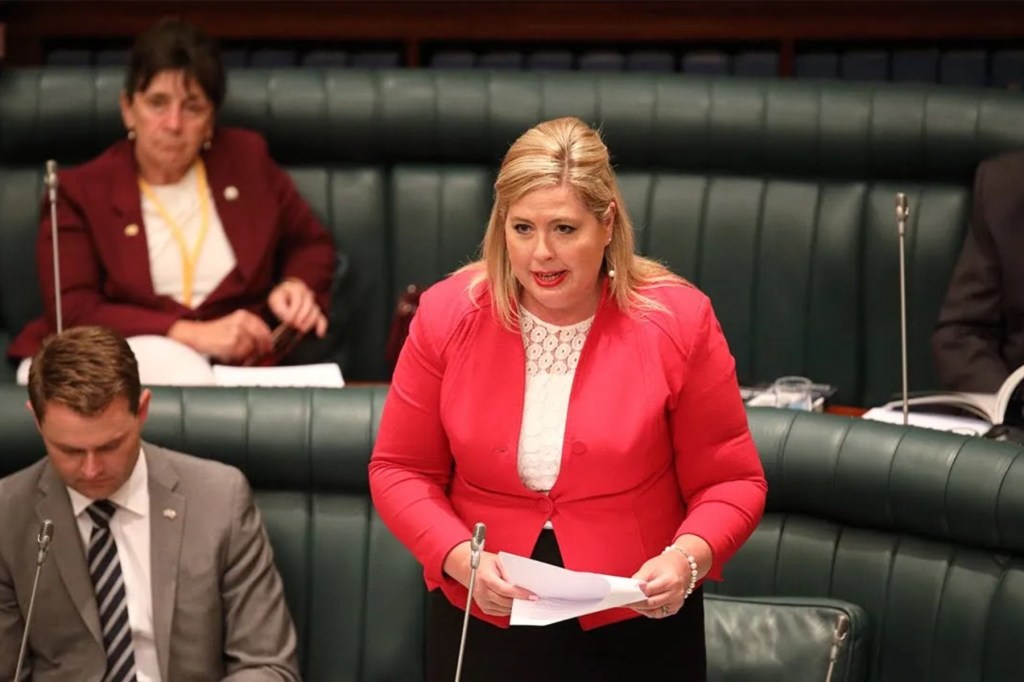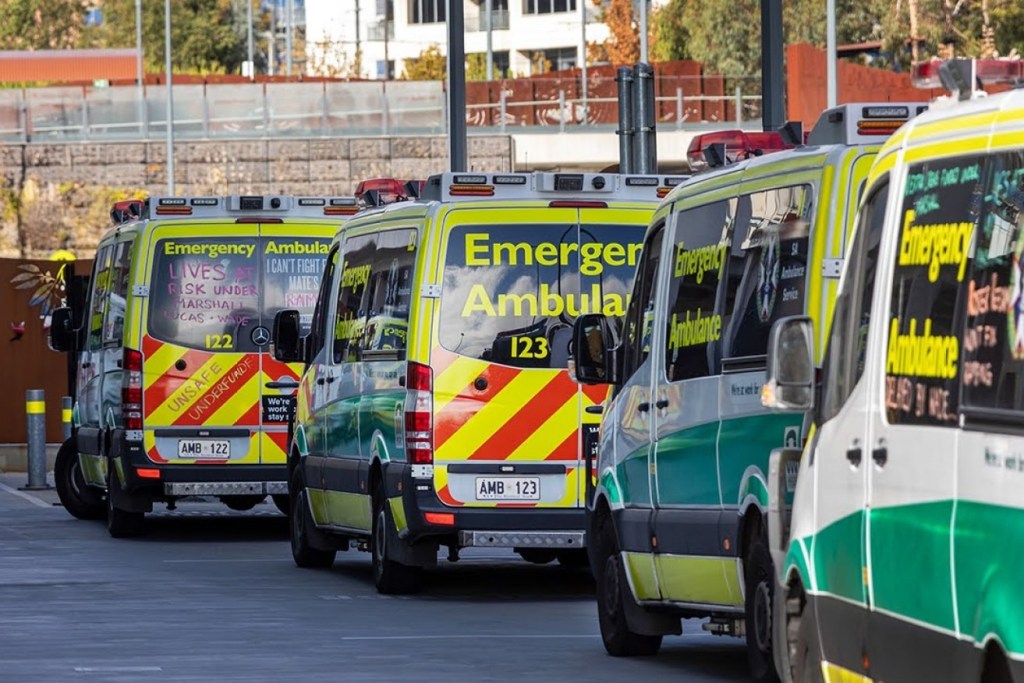Banking sector solutions for financial abuse victims
Financial institutions have implemented preventative measures to assist women escaping domestic and family violence, following a state government-led roundtable.

The roundtable series was held one year ago to discuss “innovative” solutions to support domestic violence victims who have experienced financial and legal repercussions.
Specifically, women impacted by domestic violence who went on to bear the brunt of unpaid mortgages, loans and rent were the focus of two roundtable sessions exploring solutions for financial distress.
More than 70 stakeholders from the real estate industry, housing organisations, the domestic and family violence sector, relevant government departments, advocacy bodies and victim-survivors were brought together by Minister for Women and the Prevention of Domestic and Family Violence Katrine Hildyard.
Since then, the Australian Banking Association (ABA) and its member banks have implemented preventative measures to block abusive transactions in their banking applications and internet banking.
ABA member banks have also acted against perpetrators of abuse and are now sending warning letters, limiting access to internet banking and closing accounts if required.
Further, the suppression of certain credit reporting information to reduce risk of retaliation for victims in financial difficulty is another action being taken by the ABA.
National Australia Bank specifically has trained staff in assisting customers experiencing domestic and family violence, and uses technology to detect text-based abuse via NAB’s mobile app and internet banking with blocked transactions reviewed for further action.
Credit Union SA partnered with domestic violence not-for-profit Zahra Foundation to explore the creation of financial products for women impacted by domestic and family violence.
According to the state government, in 2021-22 an estimated 39 per cent of all people accessing homelessness services in Australia were people who had experienced family and domestic violence.
Further, the 2021 Personal Safety Survey found one in six women had experienced economic abuse by a partner.
Hildyard said she was pleased that finance institutions were “strengthening their awareness of this and playing a strong role in tackling this awful scourge”.
Stay informed, daily
“The South Australian Government made a commitment to work with the finance and real estate industries to explore options to help ensure women impacted by DFSV were not left to deal alone with unpaid mortgages and loans and to strengthen their economic security,” she said.
“I am really grateful for the way in which the industry engaged in the roundtables and for the actions and strengthened collective understanding of the issues faced by women that have resulted for them.”
ABA CEO Anna Bligh said her members would work to develop more measures.
“Australian banks continue to work in partnership with financial counsellors, community legal services, the domestic and family violence sector and Government to develop measures that minimise the harm caused to individuals experiencing financial abuse,” she said.








